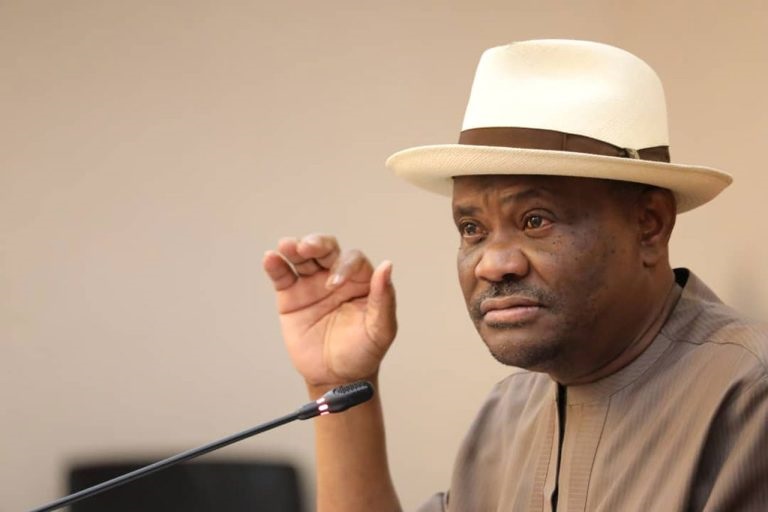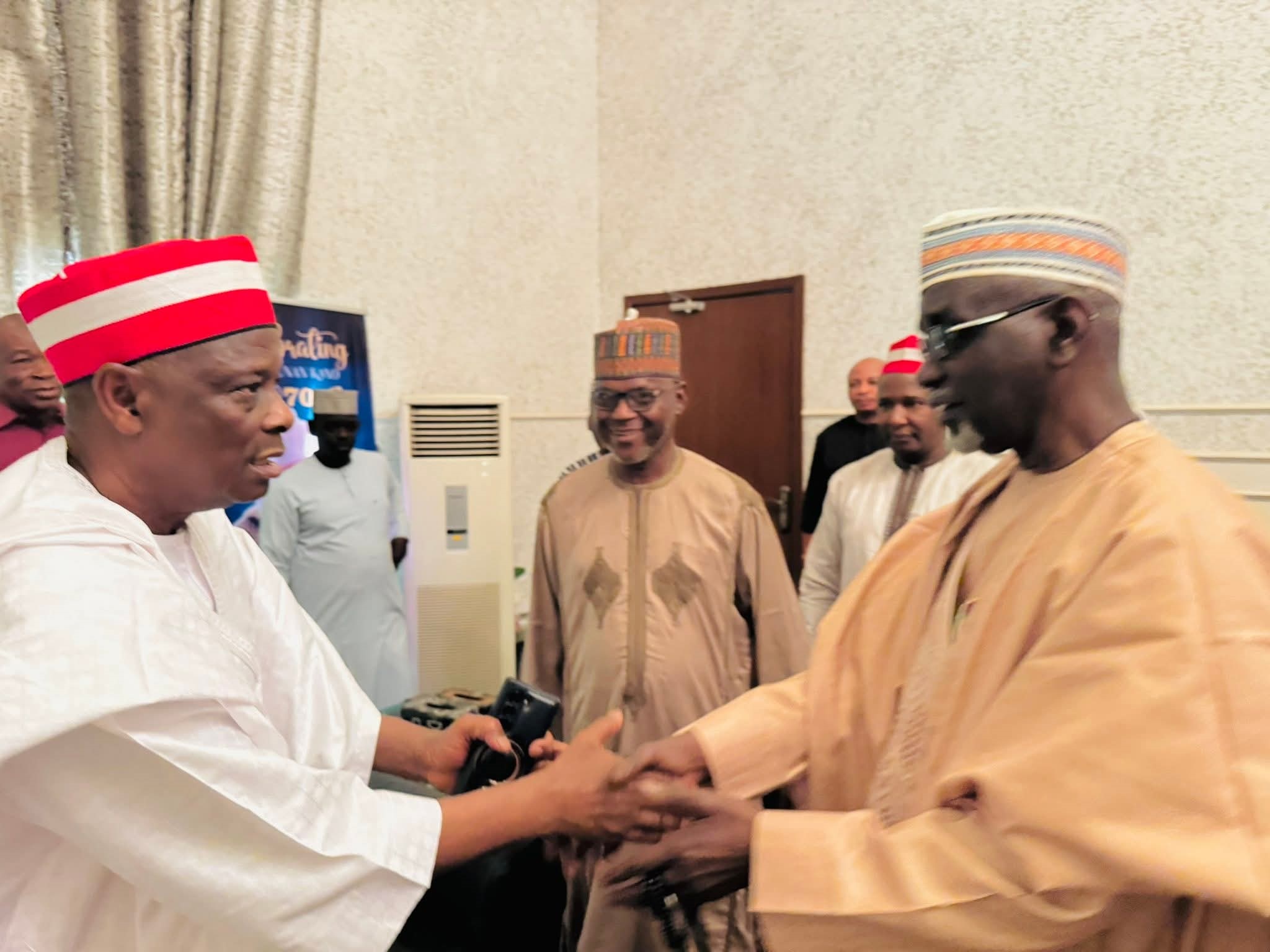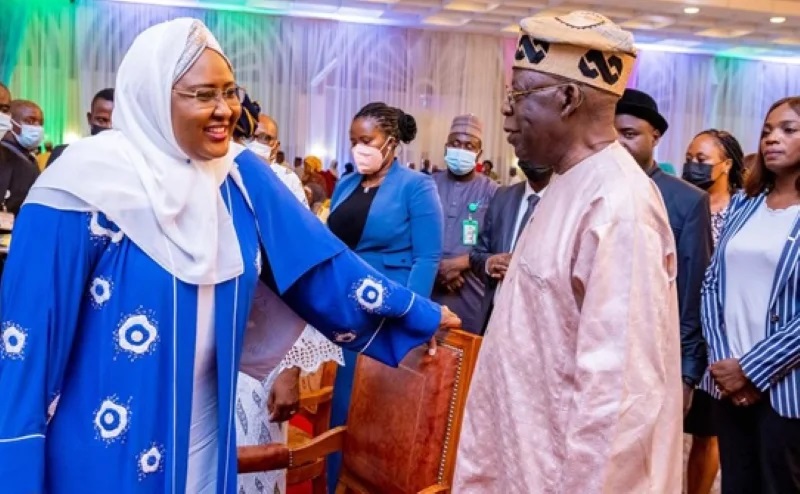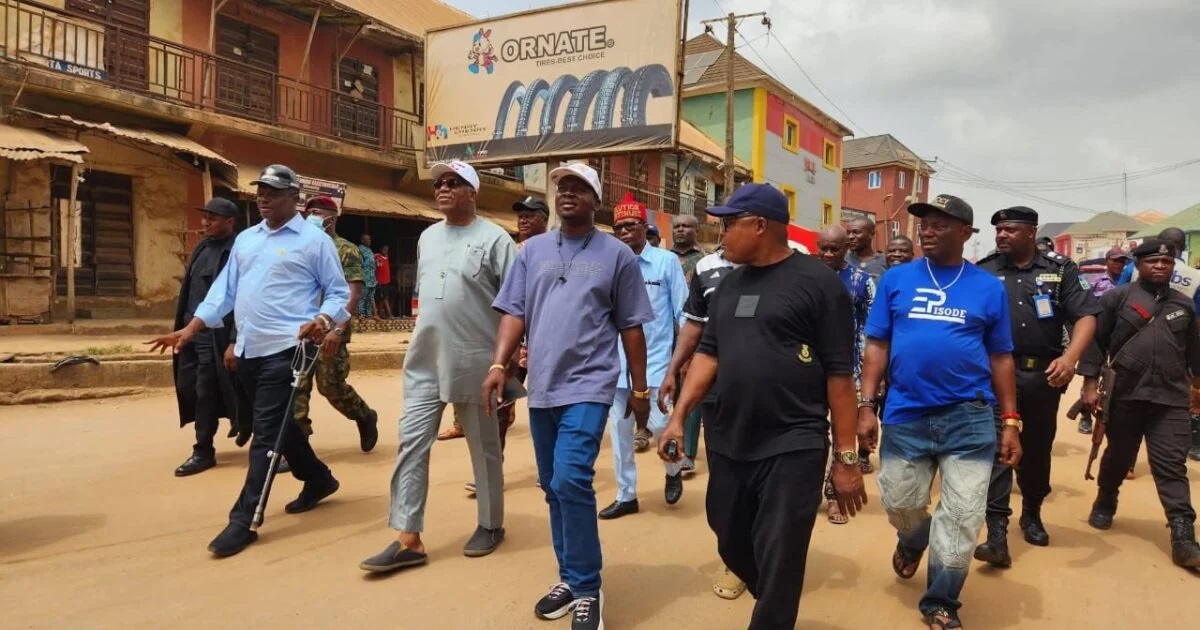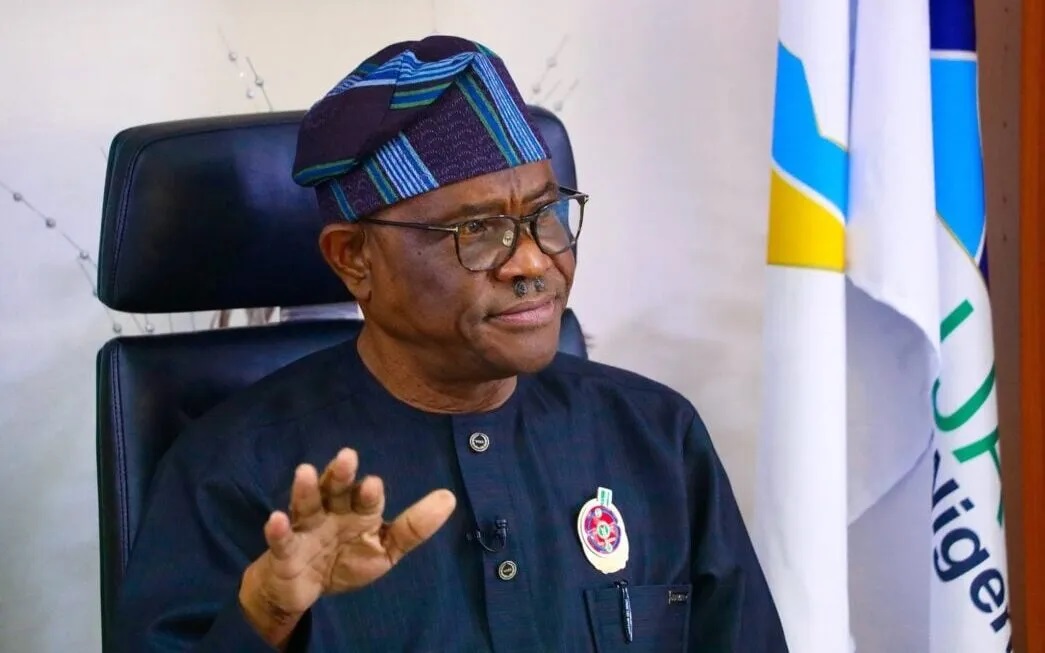Local government workers in Gwagwalada Area Council, within Nigeria’s Federal Capital Territory (FCT), have expressed appreciation to FCT Minister Nyesom Wike for his role in ending their three-month strike over unpaid minimum wage arrears and welfare concerns.
In interviews with the News Agency of Nigeria (NAN) on Wednesday, several workers voiced relief at resuming work, even as attendance at the council secretariat remained sparse. A NAN correspondent who visited the premises at 10 a.m. observed only a handful of staff present, with many yet to fully return.
The industrial action, led by the Nigeria Union of Local Government Employees (NULGE), had paralysed council activities since March. The union formally suspended the strike on Monday, following a communique signed by FCT NULGE President Ibrahim Kabi and Secretary Abdulmumin Sa’ad.
Mr Solomon Adejoh, an employee at the council, acknowledged the strike had significantly disrupted operations. “For the past three months, it has not been easy staying at home and doing nothing,” he said. “The council chairmen should prioritise prompt payment of wages to prevent such crises.”
Adejoh urged the authorities to swiftly settle outstanding arrears, citing rising economic hardship. “It is not fair to withhold workers’ entitlements. The arrears we are asking for are our rights,” he added.
Similarly, Mrs Theresa Idawoji expressed hope that the minister’s intervention would soon translate into full payment. “Workers do not enjoy striking, but sometimes it becomes the only way to make our voices heard,” she said. Idawoji also warned of the economic cost of repeated industrial action: “No country can progress when strikes constantly disrupt productivity.”
Mr Abdulhamid Adamu appealed to council leaders to honour all agreements reached with NULGE to avoid any further disruption. “We hope this marks a lasting end to the strike,” he said.
The strike had drawn concern from residents and stakeholders alike, highlighting persistent challenges around wage arrears and labour relations within Nigeria’s local government system.

